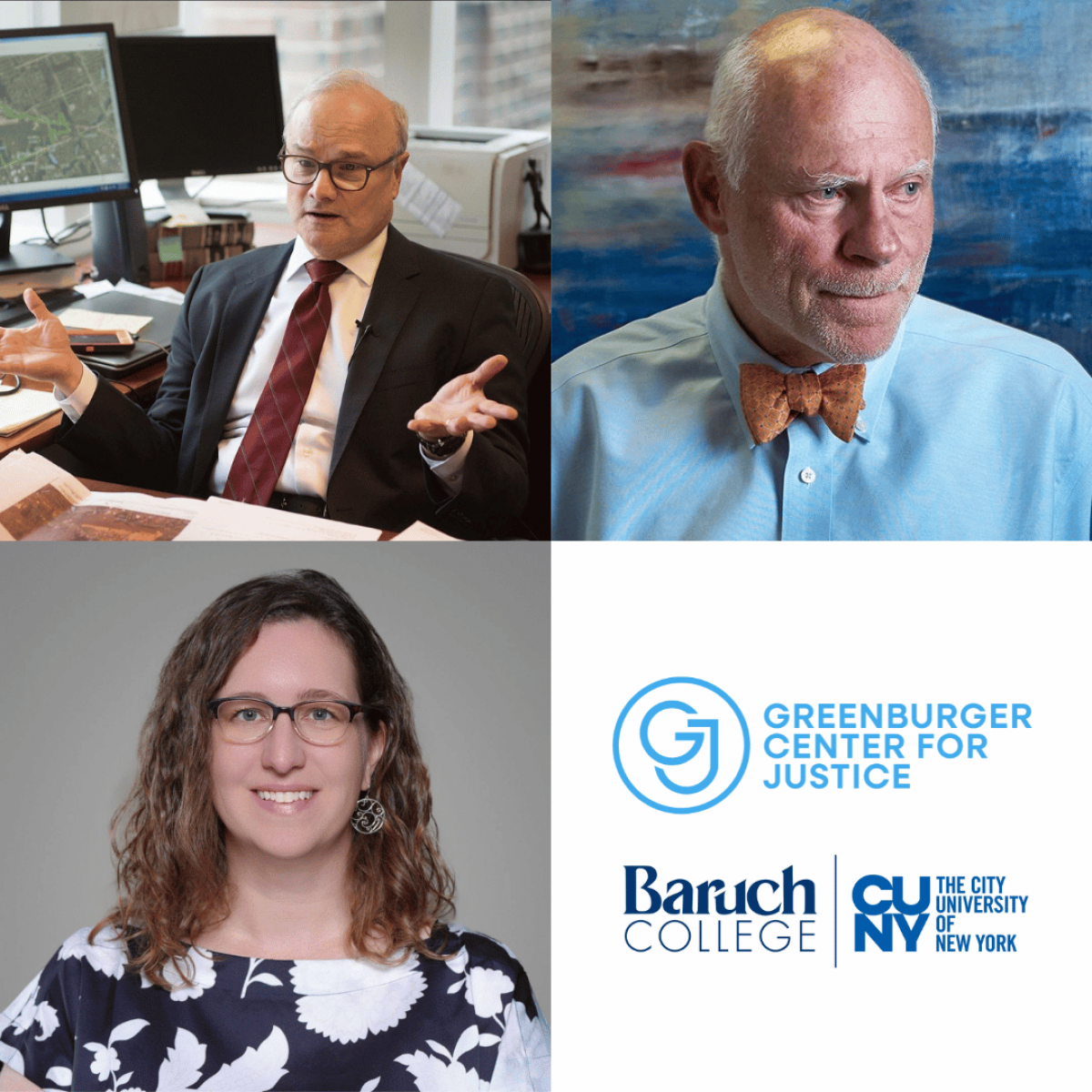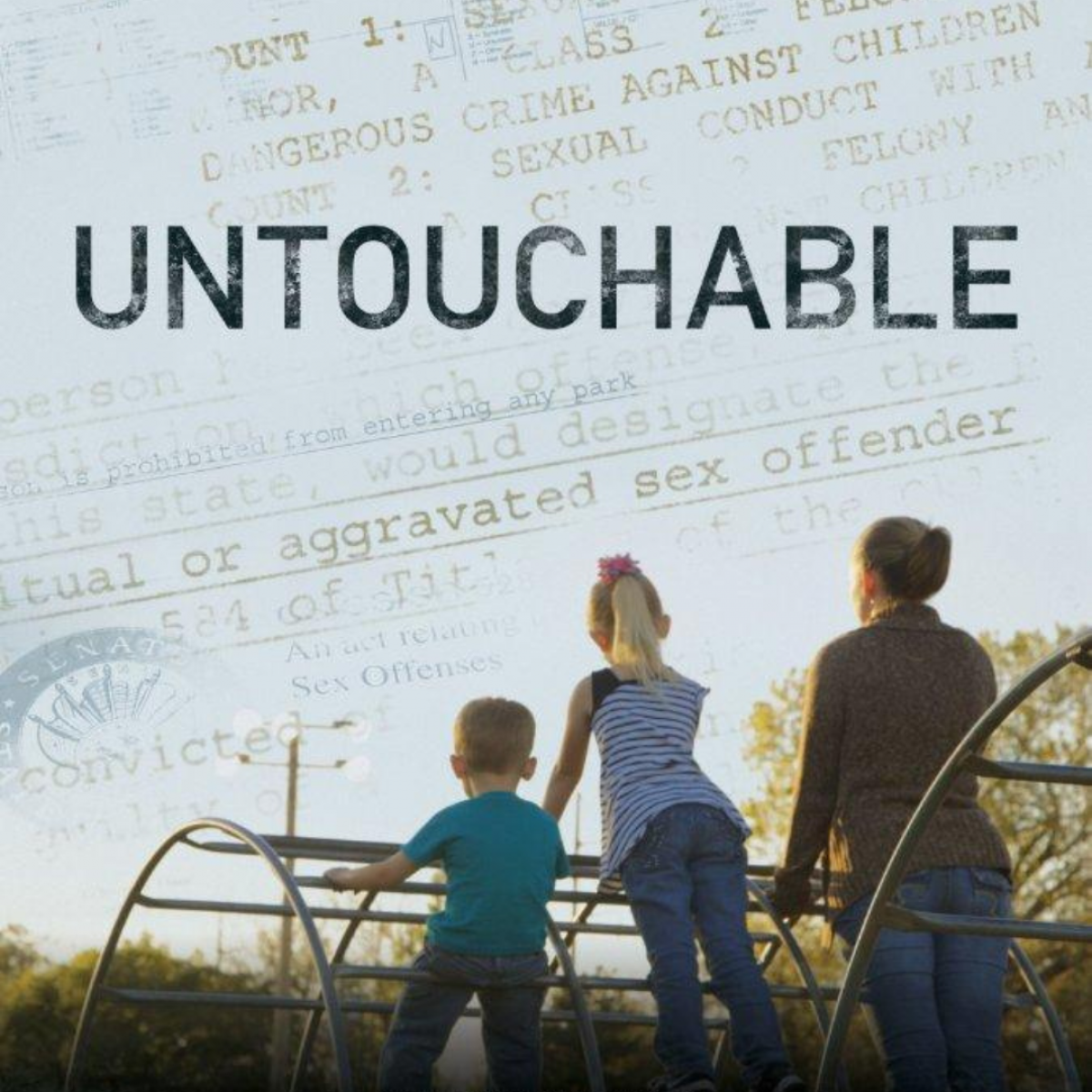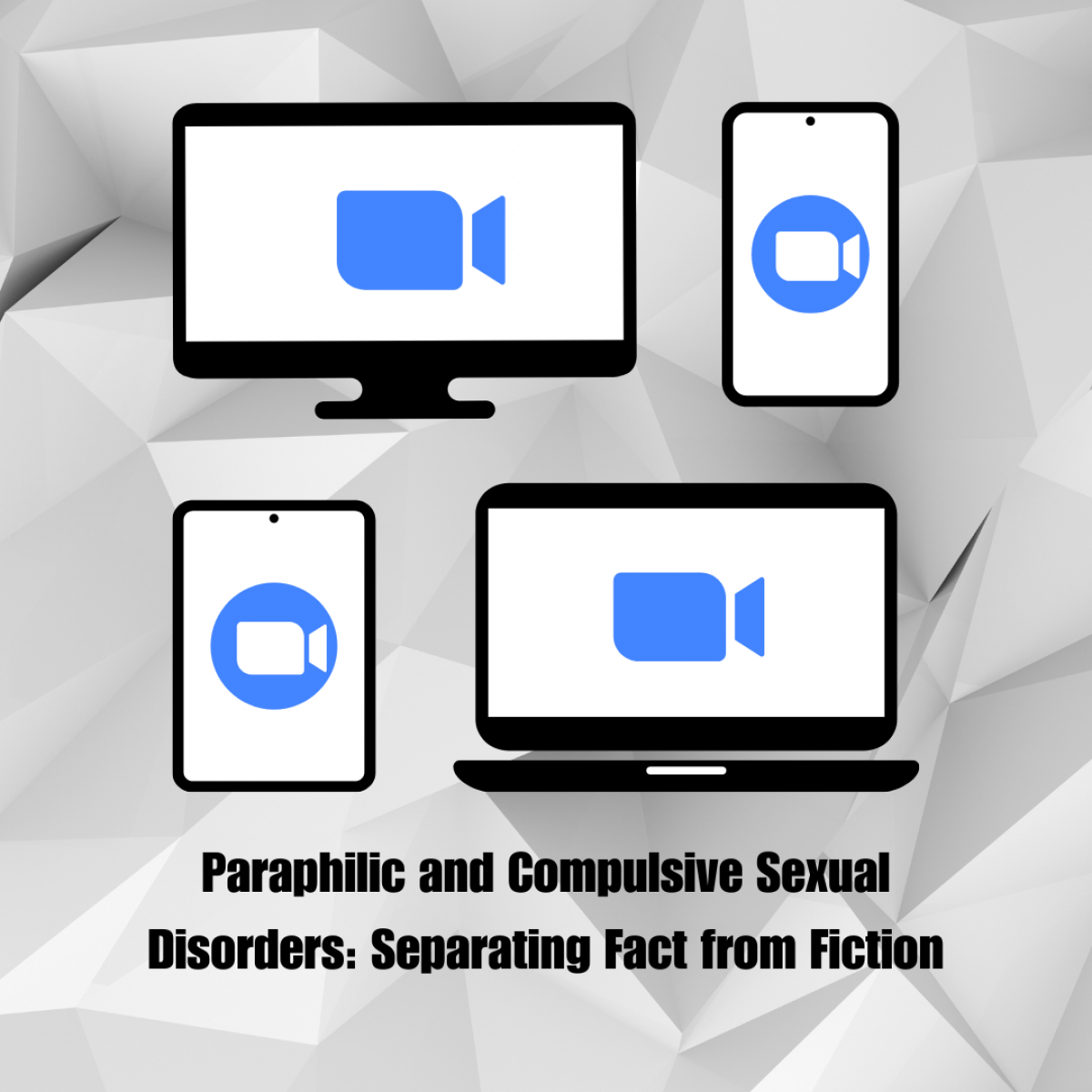Although the residential treatment phase of the Center’s program will involve a stay of up to two years, the treatment regime and circumstances related to diversion are not the same as an involuntary civil psychiatric commitment or incarceration.
Enrollment and continued engagement in Hope House’s continuum of care will be a voluntary decision on the part of the defendant/client in consultation with his, her or their defense attorney and with the consent of the Court. In cases where sentencing law mandates incarceration, district attorney consent must be obtained before enrollment can be considered as the DA must agree to reduce such charge below one requiring mandatory incarceration where the defendant/client fulfills the requirements of the plea agreement.
Prior to acceptance at Hope House and entering into the voluntary plea, a defendant’s competency to make this decision and their fitness to proceed will be carefully considered on a case-by-case basis, with input from a variety of sources including Hope House’s director and psychiatrist who will evaluate the defendant and their treatment records, and consultation with the defendant’s counsel. A defendant who is not able to demonstrate a rational and factual understanding of the elements and consequences of the decision and the services offered at Hope House will not be enrolled in the program.









